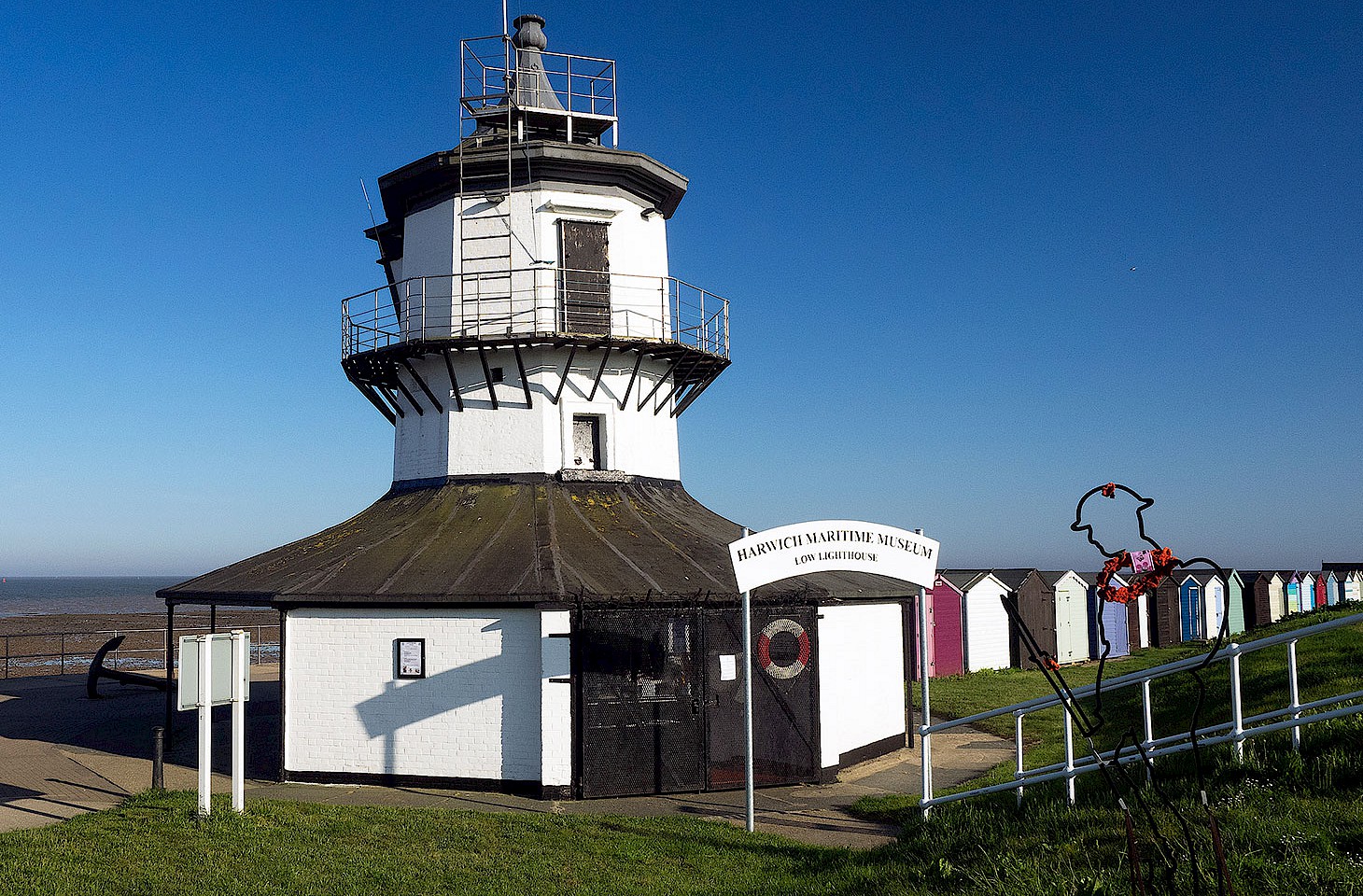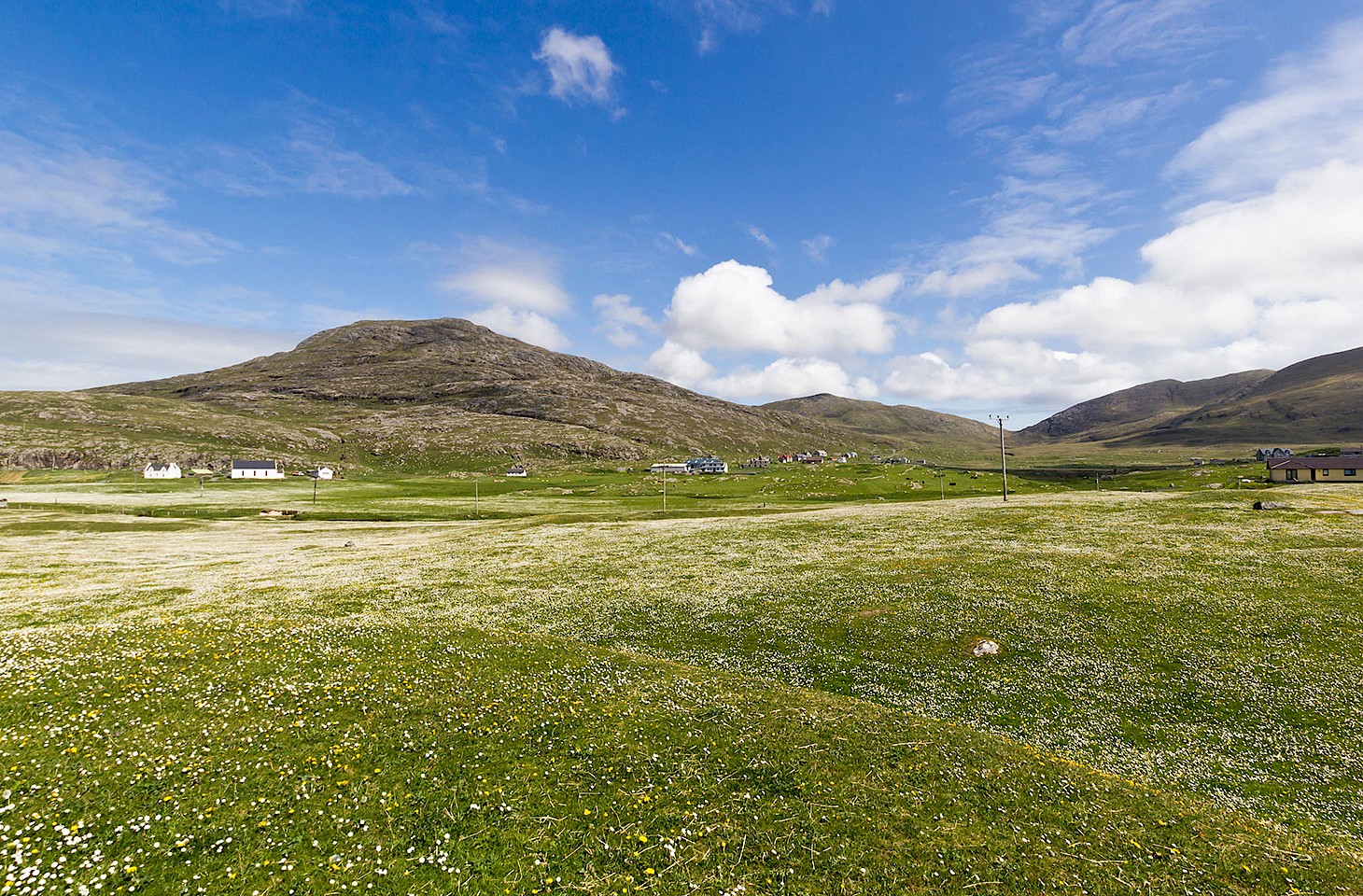Dear fellow travellers
It is Good Friday again, a day that jolts much of Europe out of its regular routine. It is a day for pilgrimages - some avowedly secular, others more religious in character. Large crowds from the Saarland region of Germany will flock over the border to the French town of Bouzonville which today hosts its celebrated Good Friday market. So popular is this event that an otherwise abandoned cross-border rail route is reopened for just one day each year to allow special trains from Germany to Bouzonville and back.
In village squares and at sacri monti across the continent, Catholics will recall the final hours of Christ's life with performative passion and prayerful zeal. From communities in the hills of Piedmont to villages in Gozo, the faithful will make penitential processions, tracing the fourteen stations of the via crucis (the Way of the Cross). Today is a chance to see some of Europe's best ecclesiastical theatre.
In many European countries, it was long the tradition that theatres were closed on Good Friday. Our American cousins might reflect on how the course of their nation's history might have evolved had Abraham Lincoln not gone to the theatre on Good Friday 1865. It was on that evening that Lincoln was assassinated during a performance at Ford's Theatre.
England was for over two centuries typical of many European countries in urging temperance and restraint on Good Friday. A 1737 Act of Parliament banned theatre performances and other forms of public entertainment on Good Friday. There was a mighty fuss in London in 1830, when the gardens of the Zoological Society opened to the public on Good Friday. The media thundered in condemnation, with one magazine observing that if Shakespeare was not to be performed on so sacred a day then it was hardly appropriate for the public to spend hours contemplating monkeys or bears. Good Friday remains the day when the unwary traveller might find herself or himself caught out by a major public attraction being closed.
Fifty years ago, one London theatre very exceptionally secured permission to advertise Good Friday performances. The Lord Chamberlain obviously had a soft spot for the French poet and playwright Henri Ghéon (1875-1944). Ghéon's The Way of the Cross was well received during two performances at the New Theatre in St Martin's Lane in London's West End on Good Friday 1963. It was, said the Lord Chamberlain, "the exceptional devotional character of the work" that had encouraged him to grant a dispensation to the 1737 Act. It wasn't too many years before theatres in England were staging less virtuous material on Good Friday.
While Ghéon's verse drama was being played out on the London stage on Good Friday 1963, a stark piece of political theatre dominated the news from across the Atlantic. Firebrand George Wallace had been sworn in as governor of Alabama in January 1963, using his inaugural speech to preach his segregationist creed. “I say segregation now, segregation tomorrow, segregation forever,” was the Wallace litany which so inflamed liberal opinion. Urban parks in Birmingham, Alabama, were closed on Good Friday by order of the city's chief of police. Martin Luther King and his followers famously staged a 'kneel-in' in a Birmingham city park on that day. It was a milestone in the American civil rights movement.
In fact, for a day normally associated with prayer and quiet, Good Friday has a good track record in the political arena. Fifteen years ago in 1998, the Good Friday Agreement was signed in Belfast. It was a major element in the Northern Ireland peace process.
So, whether you opt for sacramental or sacrilegious diversions this Good Friday, whether you make it a day of reflection or a day of revolution, we hope you enjoy this long Easter weekend. Of course, if you live in Orthodox Europe, our seasonal greetings are premature. In the Eastern Church, the Great Lent fast has hardly started and Orthodox Easter is this year not till early May. For travellers who plan their journeys around ecclesiastical calendars, as we sometimes do, there is thus the chance to catch a double dose of seasonal grace.
Nicky Gardner and Susanne Kries
(editors, hidden europe magazine)




